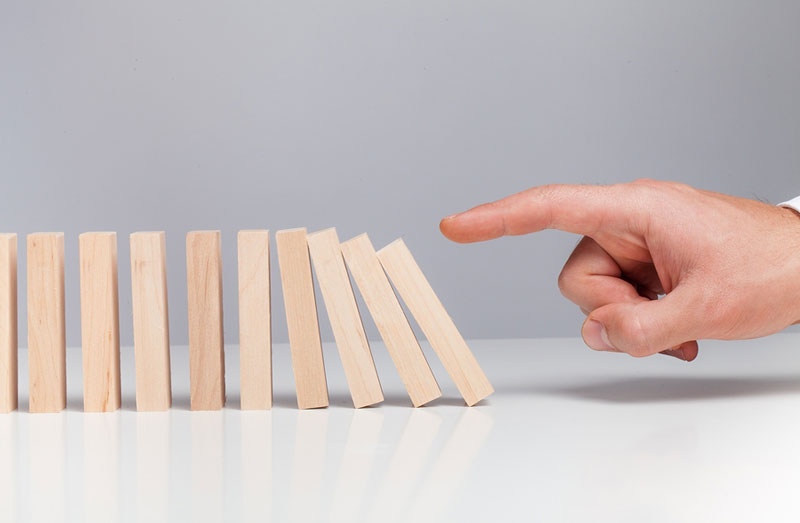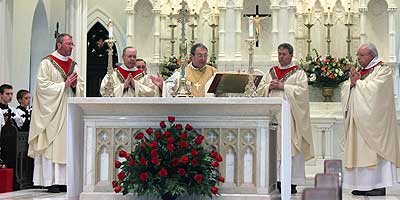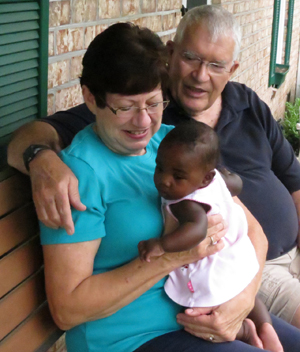
Those of us who are of a certain vintage may recall that much of what drove U.S. participation in the Vietnam War was the very persuasive domino theory. The theory was that, like a line of upright dominos, the fall of one Southeast Asian nation to Communist control would accelerate the fall of others, even perhaps all, to the Red superpower.
The pro-life movement has its own domino theory, with an accuracy that seems undeniable. The presumption is that if it is legal to devalue human life at conception, then there is little to prevent a movement to deem other human lives not worth living. There have been several moments in my life when such effects of the Supreme Court’s Roe v. Wade decision have hit home.
The first occurred when a senior in a high school religion class confided that she had, unbeknownst to her parents, had an abortion when she was a junior. A conversion experience jarred her into realizing the gravity of her action. We found her a confessor and a counselor to help her through the crisis. There was no Rachel’s Vineyard program in those days, and the young woman did not know what to do when she awakened to dreams of an infant reaching toward her longingly. Not only was the unborn baby a casualty of the abortion, but her emotional and spiritual well-being was too.
Other incidences of the domino effect regard end-of-life issues. When I lived in Michigan, assisted suicides engineered by Dr. Jack Kevorkian were regular newsmakers. During the Kevorkian years, I met an alarmed Lutheran doctor who specialized in pain management. He said that he and other health professionals had been mistaken in treating chronic pain and debilitating illness with medication and psychotherapy while ignoring patients’ spiritual needs and the power of prayer. In the years following the Kevorkian era, we have seen whole nations and certain states in the U.S. legalize assisted suicide. It’s a logical consequence of the insistence that humans have sovereignty over the decision as to who lives and who dies.
My third encounter with the domino effect — the devaluation of human life — was so personal that I had to leave a library and take a long walk. That was the day that I happened upon an article in a medical journal which argued that Type 1 diabetics and other persons with genetically linked auto-immune diseases ought either to be sterilized or deprived of insulin.
The point was that persons like myself would create a race of weaklings if we survived to reproduce and that our long-term demand for insulin was a drain on the health system. The author, a proponent of eugenics (the supposed science of improving the human gene pool), could not imagine that persons with some health limitations might add any value to society.
That’s the domino effect. It’s also the key to what St. John Paul II and others have termed the culture of death; when we think God doesn’t know best.
Sister Pamela Smith, SSCM, is the Secretary for Education and Faith Formation at the Diocese of Charleston. Email her at psmith@catholic-doc.org.




